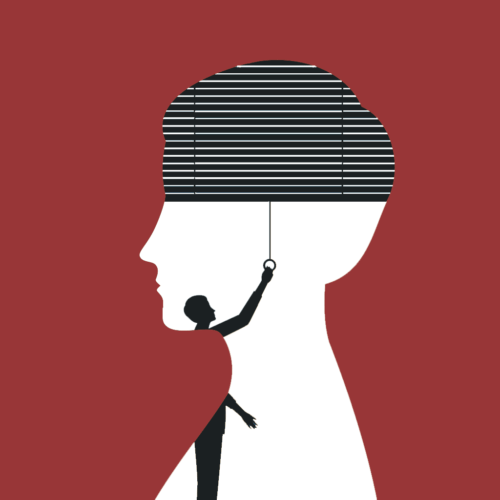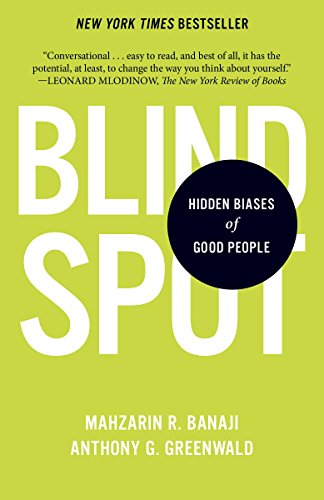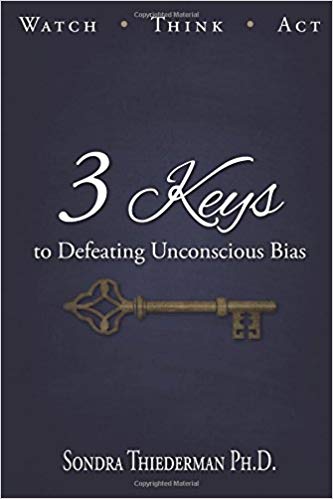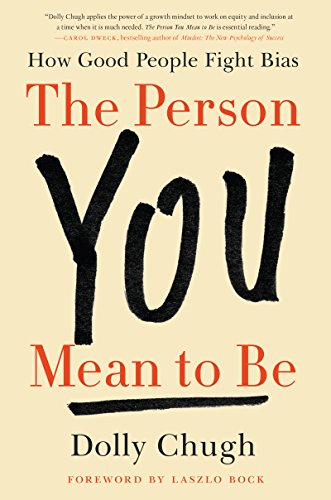
Kate Lingren and Percy Ballard visit the ReRooted Podcast for a conversation about how understanding implicit bias can allow us to operate in the world with greater awareness and compassion.
Kate Lingren, LICSW is a clinical social worker in private practice and an activist working against bigotry in all its forms: racism, homophobia, heterosexism, transphobia, sexism, and classism among others. For the past 15 years, Kate has worked in full time private practice and now teaches couple therapy using Internal Family Systems Therapy (IFS) around the country and in Europe.
Percy Ballard is an Internal Family Systems Therapy (IFS) psychotherapist practicing full time in Belmont MA. He and Kate lead workshops on implicit bias that help people to find, understand and address subconscious forms of bias (ie sexism, racism, homophobia, transphobia, etc.). Learn more about Percy’s practice at percyballardmd.com.
Working with Implicit Bias
What is implicit bias? Percy and Kate discuss the biases we carry unknown to ourselves. Together they look at how implicit bias training can bring awareness to our biases and how they manifest in the world.
“Implicit biases are the little ideas and associations that we have which we are unaware of. The idea that we associate with the concept of being female with rearing a family and the concept of male with having a career. Those are associations that we have from a young age that are in us. We did not put them there. Our environments, the media and people we have been around, have put that in us. We are biologically wired to have these associations.” – Percy Ballard
An Offensive Defense (16:40)
The group looks at why implicit bias exists in the first place. They look at how the mind uses bias as a safety mechanism, as well as how the mind reacts when our implicit bias is called out. How can mindfulness allow us to work with implicit bias?
“To have a biased belief often means to us that we are bad people. So many of us hold that. Those protections keep it out of our awareness or the risk is that we see ourselves as bad.” – Kate Lingren
Calling Out Bias (28:35)
Percy and Kate do roleplay that offer real-world examples of the complecities of confronting implicit bias. This practice uncovers the social dynamics and behaviors that surface when we are encountering implicit bias in ourselves and in others. What are some of the ways we can mindfully avoid derailing a constructive conversation into an unconstructive argument?
Wake up to your own implicit bias with Patti Digh on Ep. 7 of the ReRooted Podcast



